6 Frugal Tips From Grandma: Money-Saving Advice From Times Gone By

Today's video shares frugal tips from my grandma. Economic distress and hard times are nothing new. We can learn so much from past times when people survived with a lot less than we have today.
My grandma
My grandma, or Nana, as I called her, was born in Goole, East Yorkshire, in 1919, and brought up four children during World War II. She was very poor and a single mother.
She worked as a meter maid and raised four children on a pittance. They never went to bed without a hug. She must have had many sleepless nights, juggling work, children, and paying the bills, yet she never lost her humanity, kindness, and sense of humor.
As a child, I marveled at Nana’s ability to make something out of nothing, stretch things, make do, and mend. She was generous in love, time, and affection but prudent with money.
1. Stretching the food budget
From my observation, as a child of my Nana in the '70s, I saw she lived exactly as she had in the '40s, ’50s, and '60s, with natural frugality.
The most important thing to my Nana was to have tea in the cupboard. She used to say to me, “if you haven't got tea, you've got nowt.” I think it’s because, when she was young, sweet tea would replace a meal.
Tea bags would be stewed again and again. When the very last bit of very weak tea was left, it could be poured on raisins. It would never be wasted.
Her tea was very sweet and milky. If we were all still hungry, she would actually put dip toast in tea and we'd have that by the fire. That's quite a warm memory.
Her baking wasn't about having extra treats, but about making the most of what you had. She baked what she thought would be filling.
Bacon fat was used again after frying the bacon. You never let that tasty fat go to waste. You dipped bread in it or used it in sausage rolls for a savory taste.
If Nana did make sausage rolls, it would be 85% bread crumbs, herbs, and the tiniest bit of meat. She’d also make faggots, liver with onions, bread crumbs, salt, and pepper. They had more filler than actual meat, but liver, being a strong flavor, carried through.
Potato peelings were never wasted. They were put in water in the fridge. The next day they’d be drained, patted down, and roasted as chips.
When it came to store-bought jams, if we bought one with a little mold on top, the jar wasn’t thrown away. The mold was scooped off and the jar was good to go.
Canned fruit was a treat in Nana's eyes, possibly because the fruit was rare during the war. She never wasted the juice. It was served in a glass or watered down and kept cordial.
2. Reusing items
My nana never threw anything away. She had a drawer full of things she’d saved in case they’d become useful, with items like elastic bands she found in the street, corn beef keys, and wire twists (which were used for tying bags shut).
Soap ends, and candlestick ends were used to make new bars of soap or candles.
3. Saving on laundry
Laundry was hand-washed in the sink, spun dry, and hung on a clothesline. Nana never had a washing machine. She would pop into the laundromat once a month for really dirty items.
She had bars of household Fairy soap for cleaning clothing, which were cheaper than the “luxury” item, detergent.
Aprons were always worn to protect clothing. Unless clothing was dirty or smelly, it got worn again or spot-cleaned with a wet rag.
4. A no-waste mentality
The wartime mentality of wasting nothing stayed with her throughout her life. Later, her whole purpose became saving for her own funeral. There was a stigma in leaving anyone else responsible for you after you died.
My nana made her makeup last. She used face powder, lipstick and blush. She made them go further with Vaseline. If she had a pair of laddered tights, she’d wear two pairs together, because the likelihood of them being laddered in the same place was slim.
The one pair of heels that she did have, she buffed with a black wax crayon when they were scratched. When the heel went out, she took them to the cobbler. She just didn’t buy new.
5. Entertaining children on a budget
As children, we had some amazing times with Nana. She had a big box of broken crayons.
Instead of throwing them away, she let us draw on paper with them and paint over the top with paint, so the wax came through. She made us glue using flour and water. We never bought glue.
Often in the ’70s, Kodak would send film envelopes. The inside of the envelope was white. Nana would use them for writing papers. Paper, to somebody that had been through the war, was a precious commodity. We weren't allowed to waste paper.
She had this one blue, watermarked writing pad by Basildon Bond. It was expensive and we weren’t allowed to use it.
I always thought, “I would desperately love to write on some of that paper,” thinking it was something extra special. In the 1980s, I bought myself a blue pad of Basildon Bond, and I wasn’t sure what the fuss was all about.
6. Saving on energy
My Nana was prudent with energy costs, cooking in one pan and putting on an extra shawl rather than turning on the heat. Nana always had a head scarf, even in the summer, because she didn’t like drafts.
Medicines were simple; she had aspirin, milk of magnesia, and buttercup cough syrup (which she swore by).
Then vs now
One of my friends likes to decorate her house once a year. My Nana only decorated when necessary. She wouldn’t strip off the old wallpaper. She layered the new one on top because the extra layers insulated the house.
It's bizarre that people spend money to redo the walls yearly. That's how some folk live. We live a little bit differently.
My Nana lived frugally but was caring and loving. What do you do to save money? Let us know in the comments.
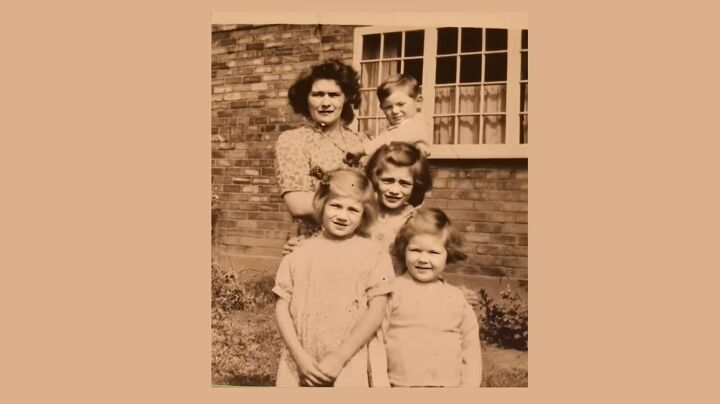















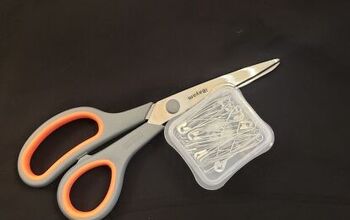
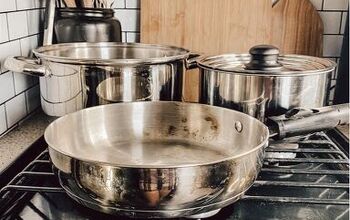
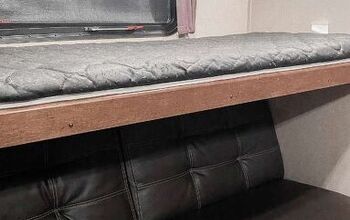
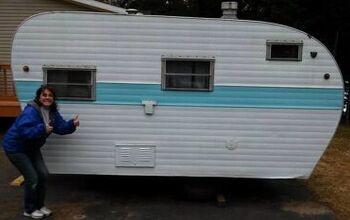

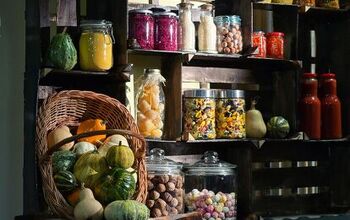

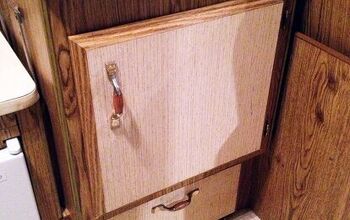

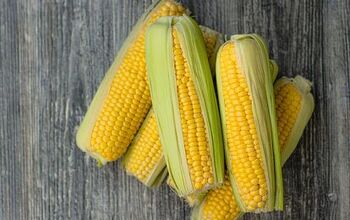

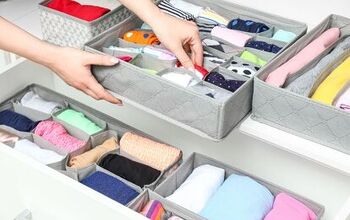

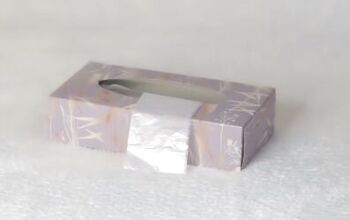

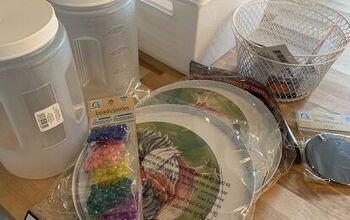
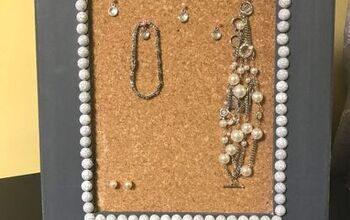
Comments
Join the conversation
My grandma Carrie told me when I was helping her peel potatoes, “ Learn how to peel potatoes thin, one day you might marry a poor man.”
My Mom made many of our clothes growing up, and made quilts for us with the left over scraps. If we bought clothes that needed to be hemmed shorter, she unraveled the threads and used it to sew the new hem. When a cow was butchered, the women of the family got together and rendered lard from the scraps. The cracklings left after rendering were fed to the pigs.